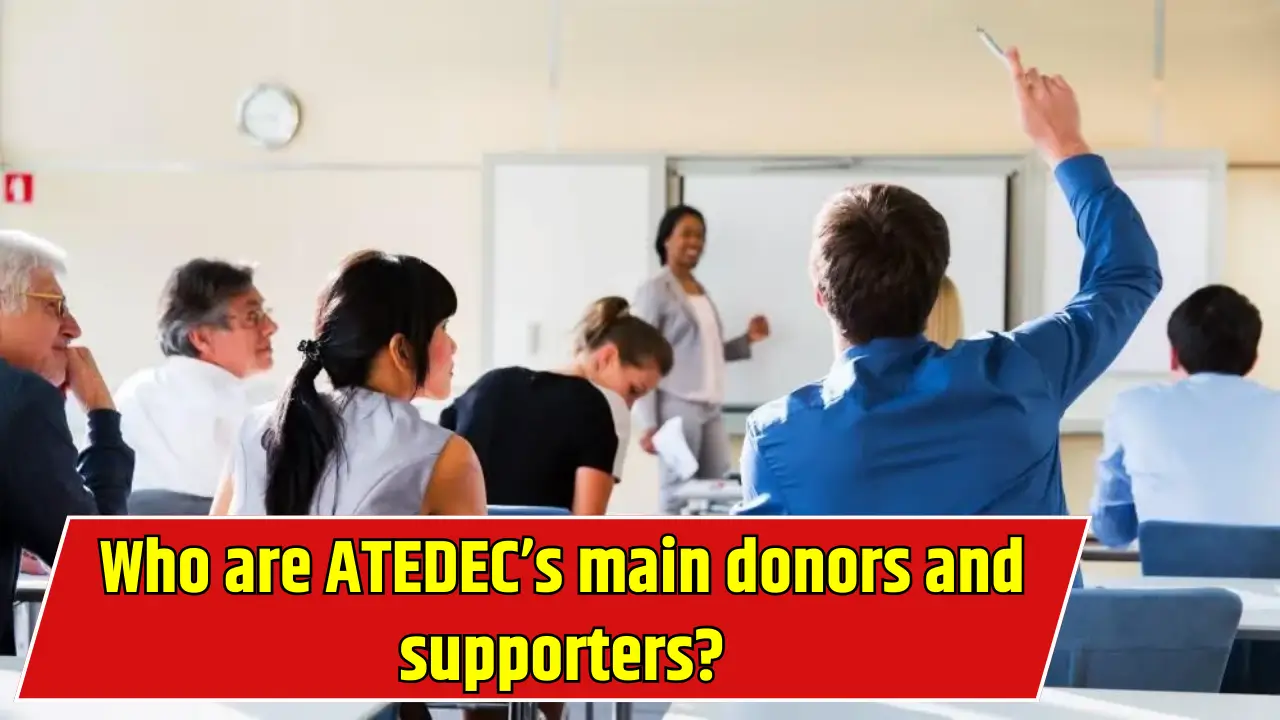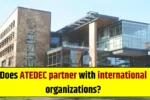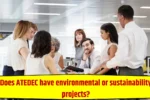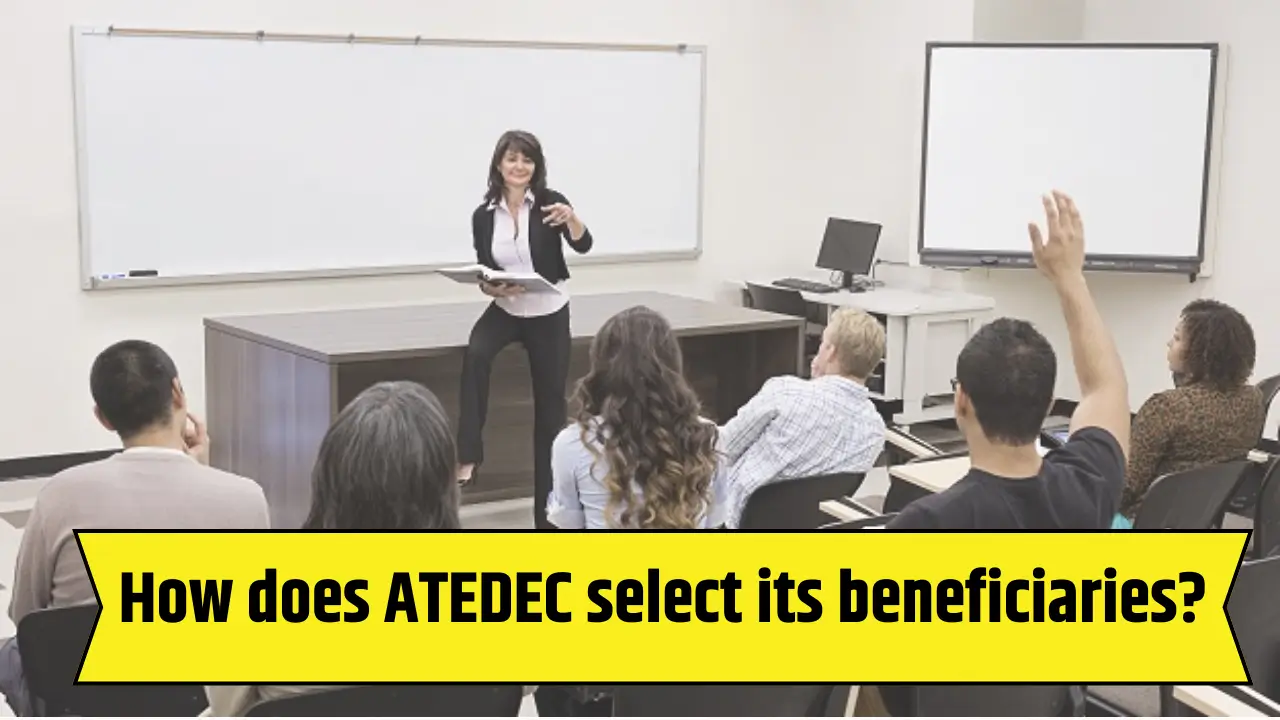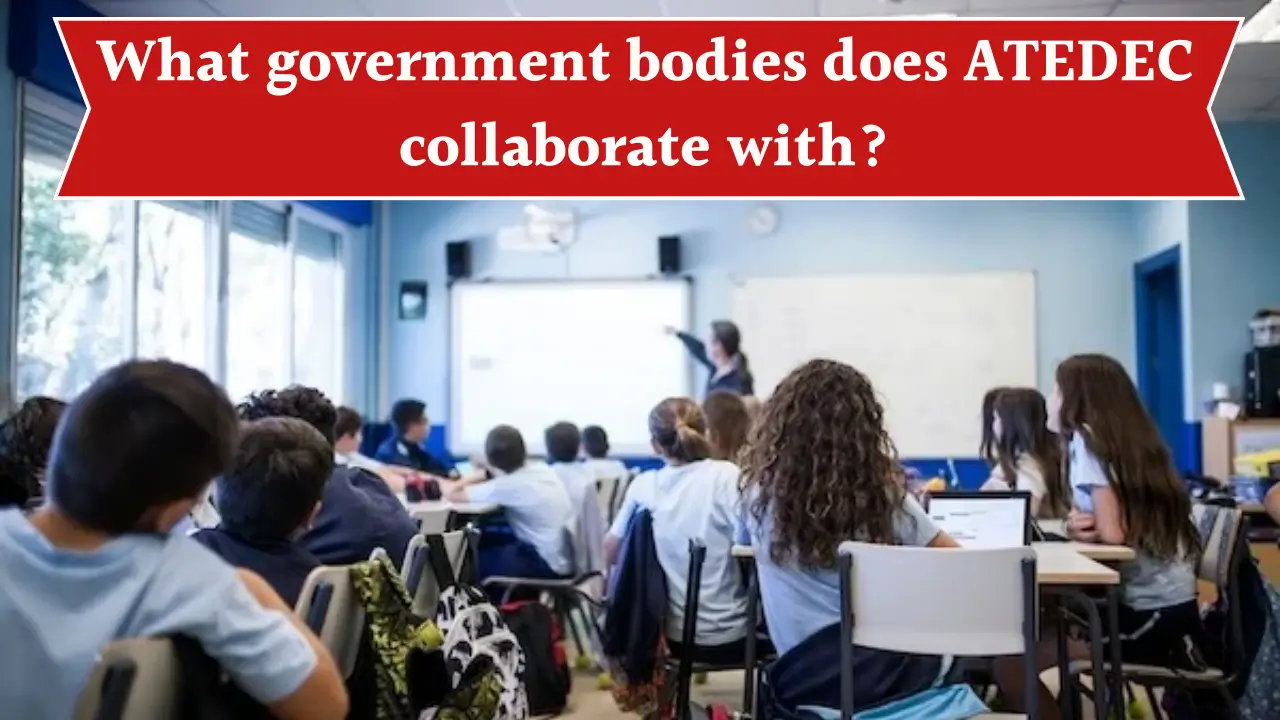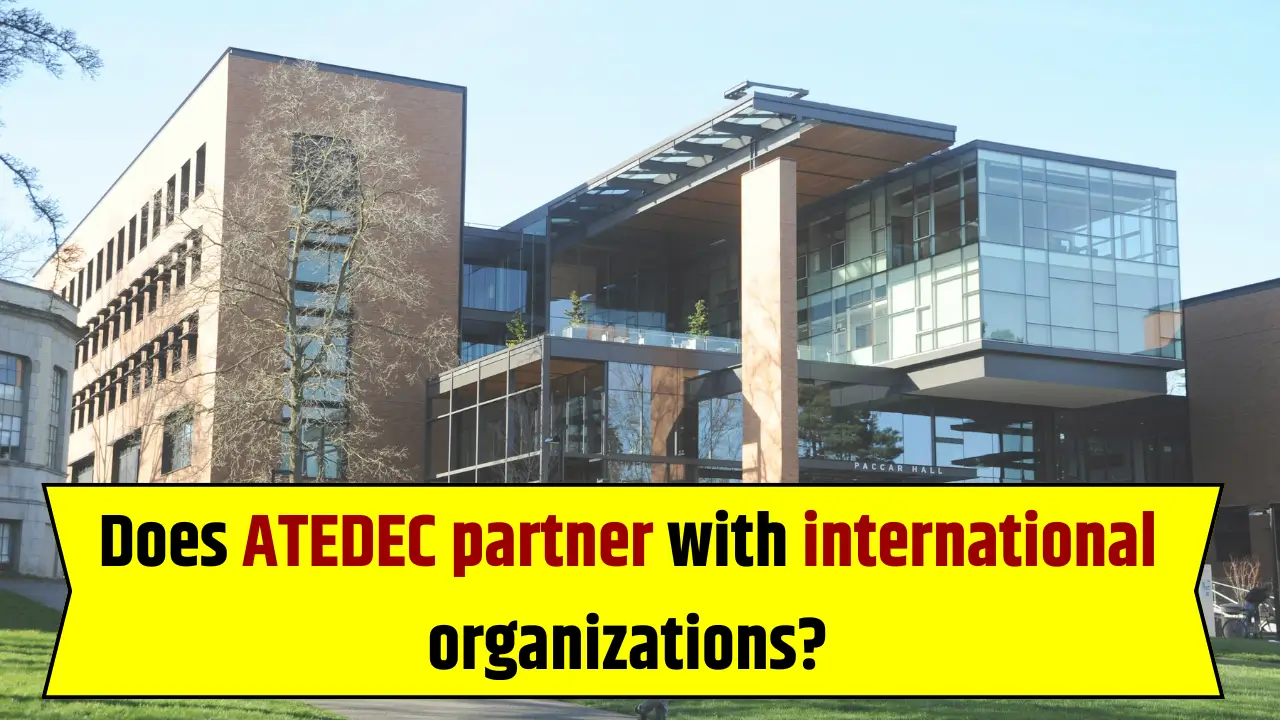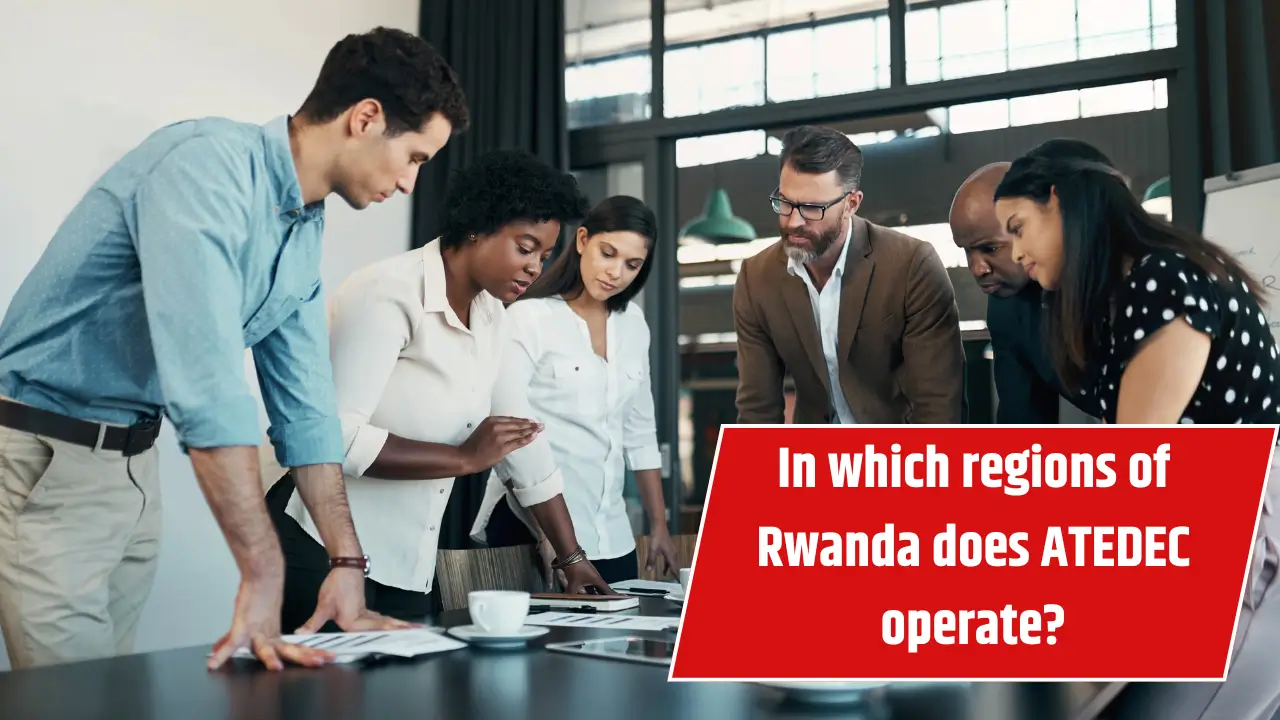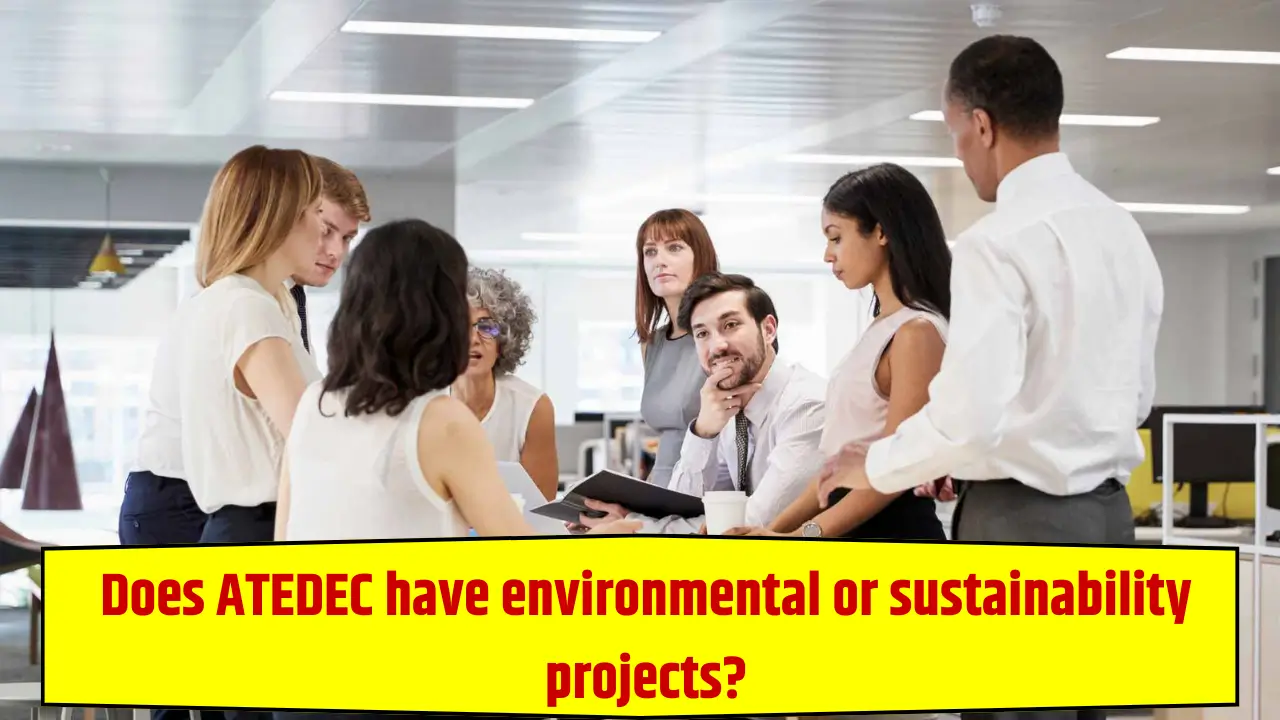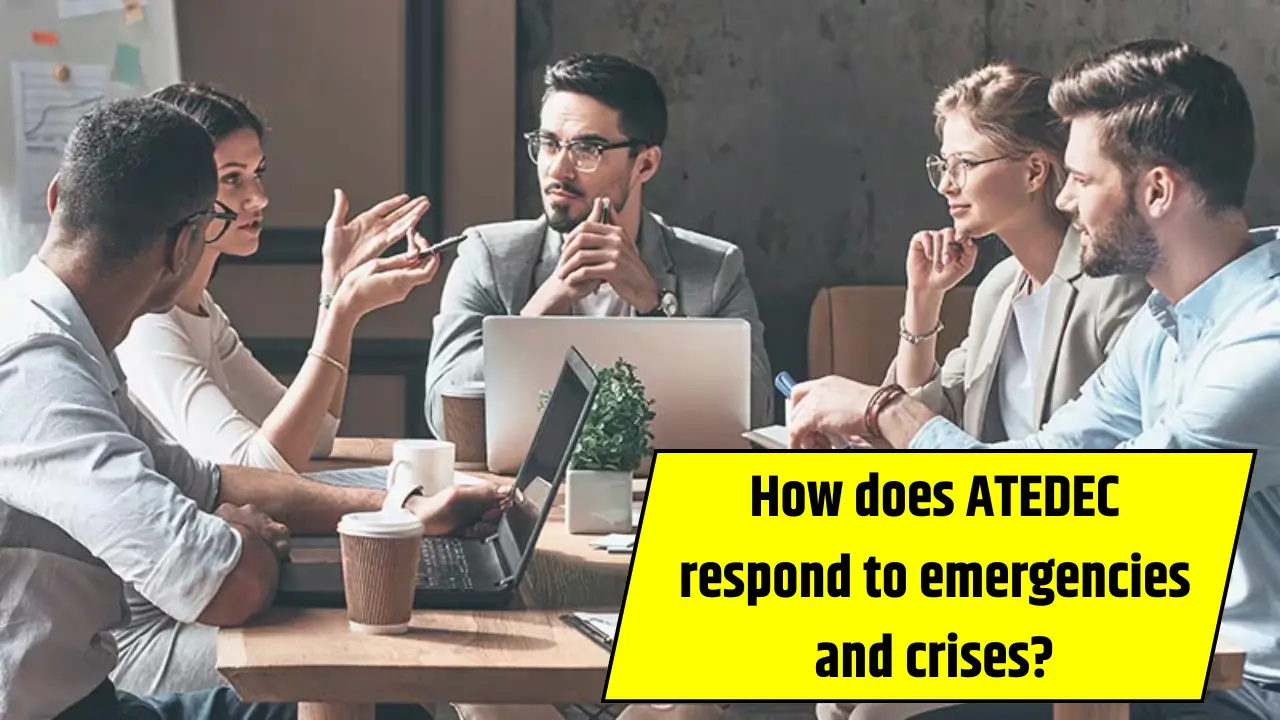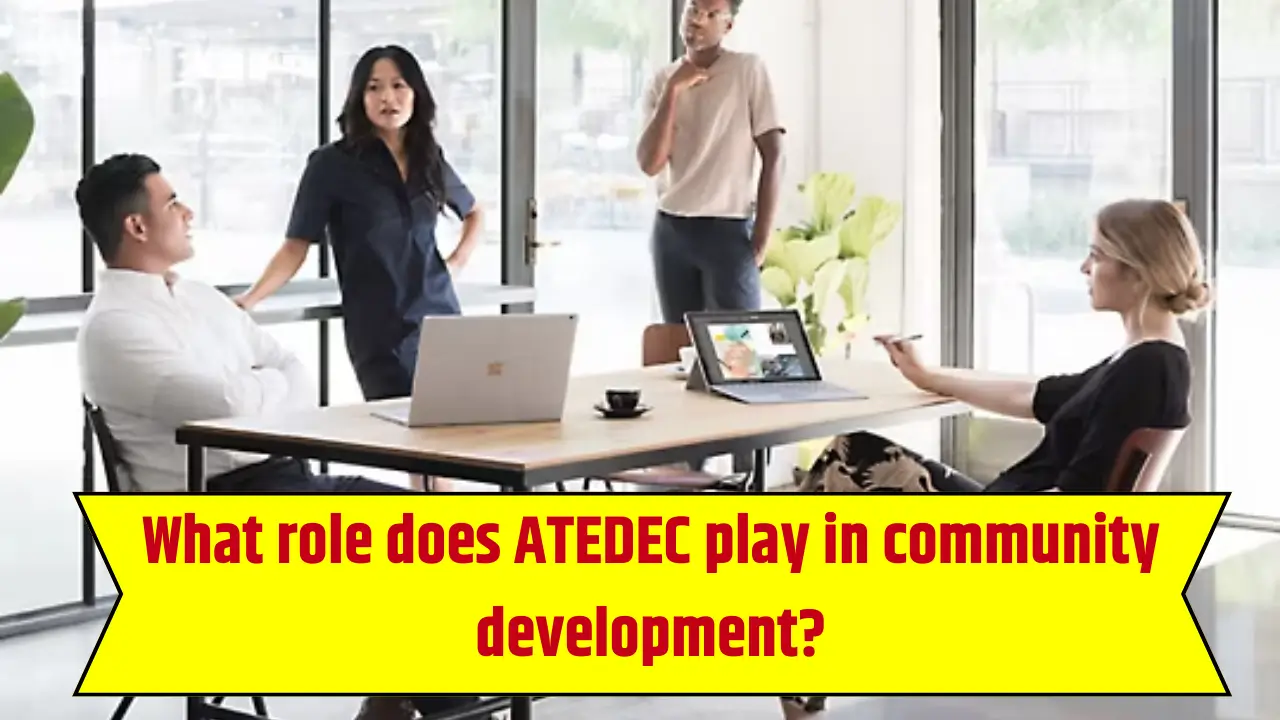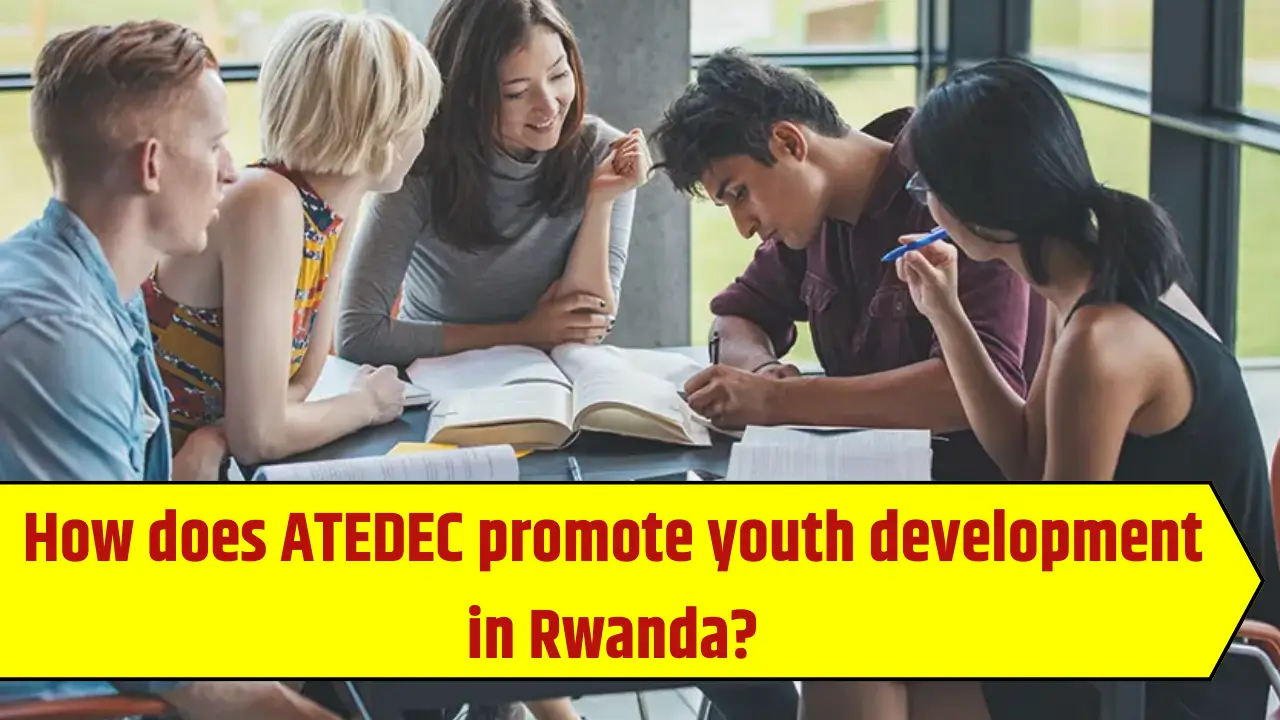ATEDEC (Action Technique pour un Developpement Communautaire) stands among Rwanda’s longest-serving and most inclusive grassroots NGOs, recognized for emergency response, women and youth empowerment, education, health, agricultural sustainability, and community development.
ATEDEC’s progress and resilience are powered by a diverse mix of donors, partners, and supporters—ranging from global financial institutions and international humanitarian organizations to private foundations and engaged community networks.
This article offers a detailed analysis of who funds ATEDEC, the nature of these partnerships, their impact, evolving funding strategies, and the latest financial support updates as of 2025.
Strategic Importance of Donors and Supporters
Why Donor Support Matters
- Scalability: Enables ATEDEC to expand development programs, reach more beneficiaries, and address emerging needs.
- Sustainability: Long-term support ensures community resilience and continuity beyond crisis response.
- Innovation: Diverse donors bring new perspectives, technology, and methods, allowing ATEDEC to continuously adapt its interventions for greater impact.
Funding Focus Areas
ATEDEC’s donors typically target:
- Humanitarian relief and crisis management
- Education and youth development
- Health and nutrition outreach
- Women’s economic empowerment
- Sustainable agriculture and climate adaptation
- Water, sanitation, and hygiene (WASH) initiatives
Main Donors and Funding Partners
1. International Financial Institutions
| Donor/Supporter | Area of Contribution | Activities Enabled |
| African Development Bank (AfDB) | Women, youth, agriculture, economic empowerment | Rural cooperative grants, microfinance, vocational training |
| European Development Finance Institutions (EDFI) | Sustainability, green growth | Funding climate-smart agriculture, renewable energy pilot projects |
| Global Giving | Grassroots, community-led education and health | Community development grants, project-specific crowdfunding |
| OPEC Fund for International Development | Rural infrastructure, youth development | Funding for water projects, health facilities |
2. International NGOs and Foundations
| Donor/Supporter | Area of Contribution | Activities Enabled |
| Nile Basin Initiative | Water access and sanitation | Safe water projects, water users’ training |
| Team Europe (EU Consortium) | Education, agriculture, skills development | Technical training, scholarships, value chain support |
| Global Green Growth Institute | Environmental sustainability | Waste management, clean energy adoption |
| United Nations Agencies (UNICEF, UNDP, WHO) | Health, nutrition, gender, social protection | Campaigns, outreach, infrastructure |
3. Private Sector and Philanthropic Networks
| Donor/Supporter | Area of Contribution | Activities Enabled |
| Local and International Private Foundations | Targeted program support | Education grants, women’s entrepreneurship funds |
| Crowdfunded Platforms | Direct community support | Bundled funding for priority needs |
4. Community Networks and Volunteers
- Local volunteers enable outreach in remote regions, support project implementation, and ensure sustainability.
- Engagement of Rwandan diaspora and community-based organizations for both funding and advocacy.
Impact of Donor Partnership
- Program Scale-Up: Thousands of children schooled, families resettled, and women reached with microfinance support.
- Innovation Transfer: Ability to pilot climate-smart agricultural projects, digital learning centers, and green energy initiatives.
- Holistic Growth: Greater environmental restoration, food security, and social protection due to diverse funding portfolio.
- Crisis Resilience: Rapid response capabilities during emergencies like floods, epidemics, and displacement, enabled by flexible donor resources.
Funding Structure and Governance
| Source | Role in Funding | Oversight and Transparency |
| Institutional Donors | Multi-year program grants, technical expertise | Governing board monitors financial use, annual external audits |
| Private Foundations | Project-specific funding, innovation | Impact reporting, community feedback loops |
| Community Networks | Volunteer resource, local fundraising | Local leadership, participatory monitoring |
Governance Principle: All donor funds are managed transparently, ensuring maximum community benefit and legal compliance.
Evolving Funding Strategies (2025)
- Diversification: Increasing outreach to new donors, including corporate social responsibility partners and international consortia.
- Blended Finance: Combining grants, loans, and crowdfunding for sustainability and flexible project scaling.
- Local Revenue Models: Piloting commercial social enterprise activities (farm product sales, artisan cooperatives) to generate income beyond donor dependency.
- Innovation Partnerships: Leveraging private sector involvement for digital innovation and advanced skills training.
Latest Updates and Highlights (2025)
- New EDFI & AfDB Funding: Additional grants secured for climate resilience, vocational training, and women’s empowerment in rural districts.
- Expanded Global Giving Campaigns: Online donations rose for education, health, and food security interventions.
- Public-Private Partnership Growth: Partnerships with Rwandan businesses for youth employment and product innovation.
- Diaspora Mobilization: New fundraising and advocacy platforms launched targeting Rwandans abroad.
- Impact Measurement: Investment in technology for real-time program monitoring and financial reporting.
Summary Table: Donor and Supporter Landscape for ATEDEC
| Donor/Supporter Type | Examples | Main Projects Funded | Annual Funding Impact (2025) |
| Development Banks | AfDB, EDFI, OPEC Fund | Education, agriculture, cooperatives | Major sectoral program expansion |
| International NGOs/UN | UNDP, UNICEF, WHO, Global Giving | Health, WASH, nutrition, gender | Scalability in outreach |
| Private Foundations | CSR initiatives, philanthropists | Women’s entrepreneurship, youth | Pilots for innovation |
| Government & Community | Local authorities, diaspora networks | Social protection, capacity building | Rooted sustainability |
Challenges in Donor Engagement
Common Challenges
- Risk of over-reliance on a few major donors for multi-year projects.
- Project sustainability post-grant cycles.
- Coordination and compliance with multiple reporting frameworks.
- Administrative overhead and fundraising costs.
Solutions Implemented
- Proactive donor diversification and multi-year agreements.
- Community-driven fee-for-service and income-generating activities.
- Expansion of local and regional advocacy networks.
- Transparent financial governance and participatory evaluation.
Alignment with National and Global Goals
ATEDEC’s donor portfolio ensures progress towards:
- SDG 1: No Poverty
- SDG 2: Zero Hunger
- SDG 4: Quality Education
- SDG 5: Gender Equality
- SDG 8: Decent Work and Economic Growth
- SDG 13: Climate Action
ATEDEC remains committed to Rwanda’s Vision 2050 and the Sustainable Development Goals, ensuring every funding source advances these priorities.
Conclusion
ATEDEC’s rich tapestry of donors and supporters—from global development banks and UN agencies to philanthropic networks and community volunteers—fuels its impact, innovation, and resilience across Rwanda.
Blending local ownership with international expertise, the organization continues to set the standard for successful donor engagement, transparent stewardship, and transformative change—laying the groundwork for a more inclusive and sustainable future for every community it serves.
